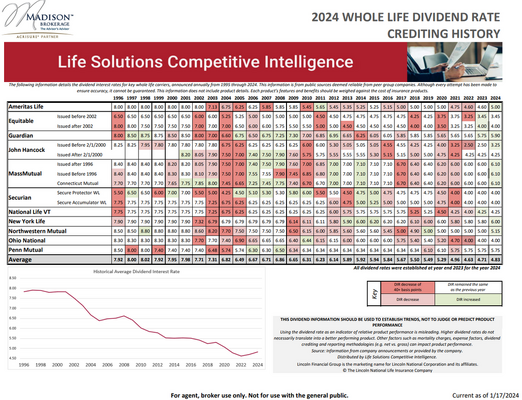PrivClientSG
Guru
- 372
I recently resigned from a FAC with this carrier, and am still under a confidentiality/non-disclosure agreement. I will say it was not one of the major mutual companies, or as some call them, "the Big Four" or "the Final Four."

